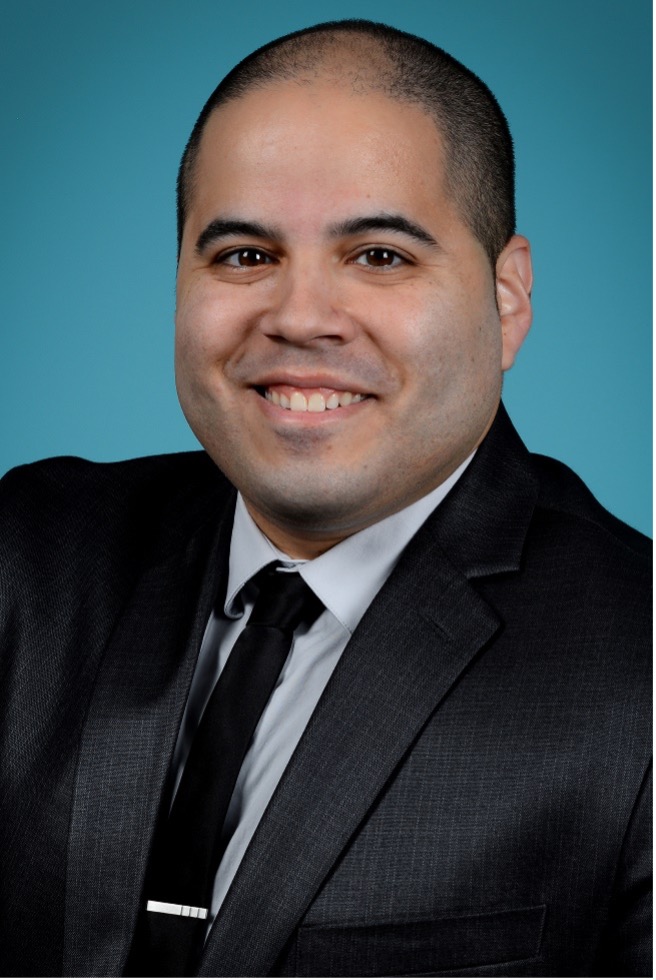“2D Materials-Based Advanced Photonic Technologies”
Thursday, Feb. 23 at 1:00pm
LAR 234
Abstract
Cryogenic photoluminescence spectroscopy is a versatile tool to locally probe the defects in diverse material platforms as well as to observe modifications of the underlying electronic band structure in novel two-dimensional quantum materials such as the monolayer transition metal dichalcogenides (TMDs) (e.g. MoS2, WS2, WSe2, and MoSe2). Monolayer TMDs are promising 2D semiconductors that feature direct bandgaps useful for various quantum and optoelectronic applications. We present our progress in establishing a novel cryogenic photoluminescence setup without the use of objective lenses in the Quantum Engineered Nano Devices Laboratory (QENDL) at the Naval Information Warfare Center Pacific (NIWC Pacific) using a cryogenic probe station with bare single-mode and multi-mode optical fibers that allow for active-device biasing of novel material platforms.
Using this system, we can detect the photoluminescence signal from various chemical vapor deposited (CVD) and molecular beam epitaxy (MBE) grown 2D semiconductors on sapphire (0001) substrates in vacuum. We will also present on our progress in the design, fabrication, and characterization of classical light-emitting transistors based on two-dimensional materials (2D-LETs) and top-gate dielectrics that shall enable voltage-controlled wavelength-agile light emission spanning from the visible (VIS) to the near-infrared (NIR) spectrum at room temperature. Finally, we will focus on a few proposals for quantum optoelectronics of 2D materials which exploit the Moire periodic potentials in twisted TMD heterobilayers for single photon sources and a novel quantum interconnect that exploits the tunable bandstructures in 2D materials interfacing with atomic species in the telecommunications band of 1550nm for applications in a future ‘Quantum Internet.’
Biography
Dr. Carlos Torres is a researcher/electronics engineer at the Naval Information Warfare Center Pacific in San Diego, CA. He earned his MS (2011) and PhD (2015) in Electrical Engineering at UCLA under the supervision of Prof. Kang L. Wang. He graduated Magna Cum Laude from the University of Florida with a BS in Electrical Engineering and a BA in Physics in May 2008. He is interested in 2D van der Waals materials such as graphene, MoS2, and other transition metal dichalcogenides for optoelectronic applications. Carlos has co-authored over 17 peer-reviewed journals (e.g. Scientific Reports, Small, Nano Letters, and APL) with more than 600 citations (h-index of 14) and he currently holds 3 issued US patents with 6 more patents pending. He earned several competitive awards and honors: DoD (Department of Defense) SMART (Science, Mathematics, and Research for Transformation) Scholarship (2008-2013); AFCEA (Armed Forces Communications Electronics Association) STEM (Science, Technology, Engineering, and Mathematics) Major Graduate Scholarship (2014); GMiS (Great Minds in STEM) HENAAC (Hispanic Engineer National Achievement Awards Conference) Scholarship (2014); GMiS HENAAC Most Promising Engineer – PhD (Military) Award (2020); Navy Civilian Service Commendation Award (2022). He is a Senior Member in SPIE (2022) and IEEE (2022).

